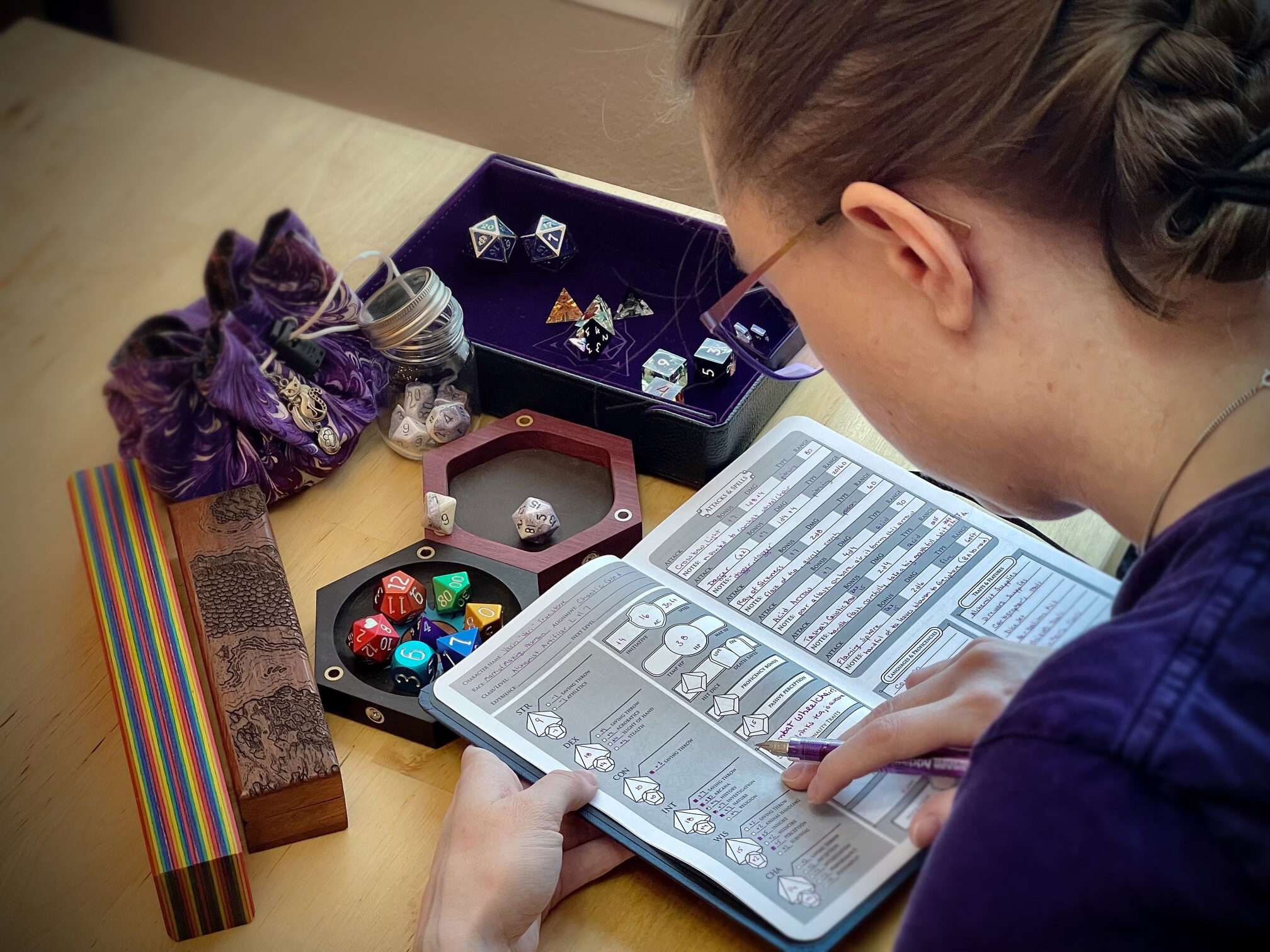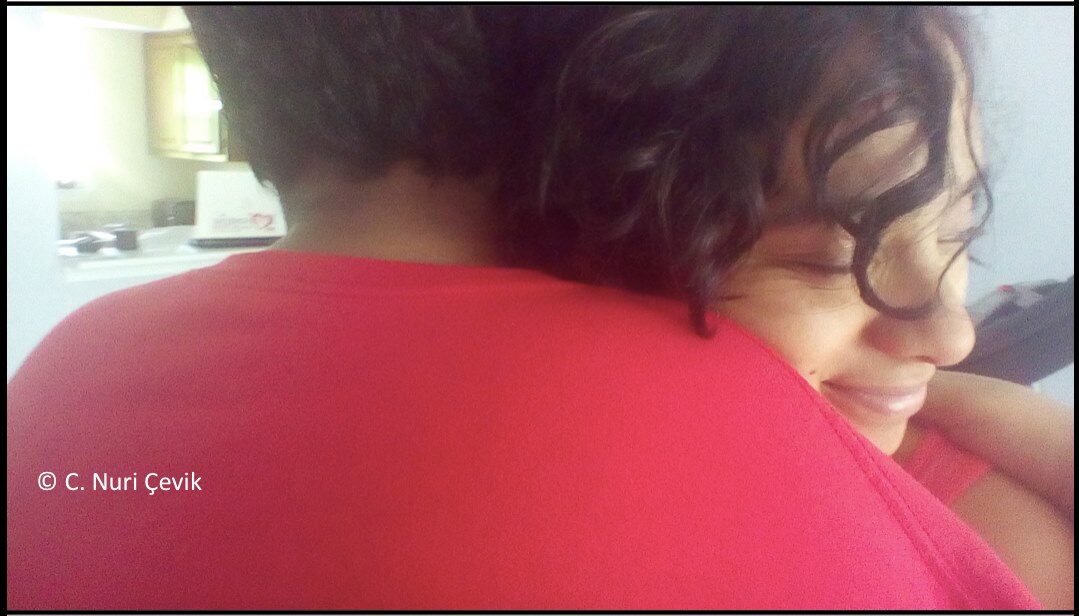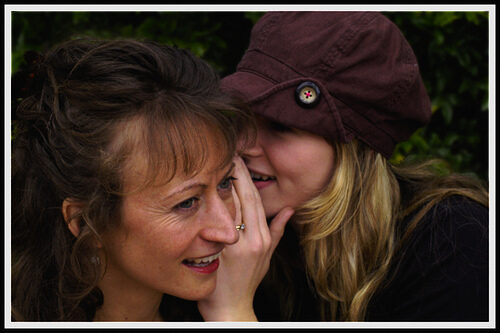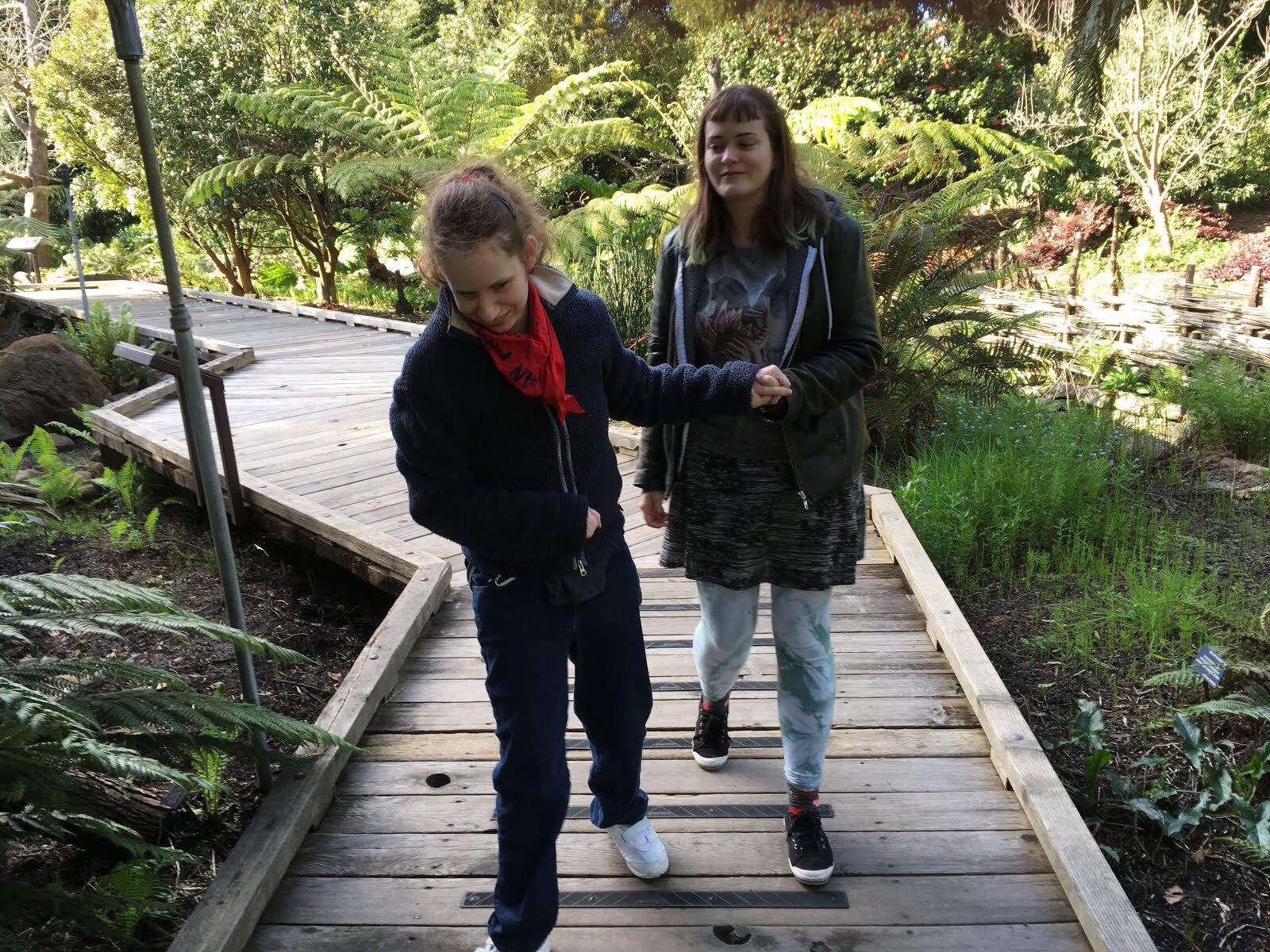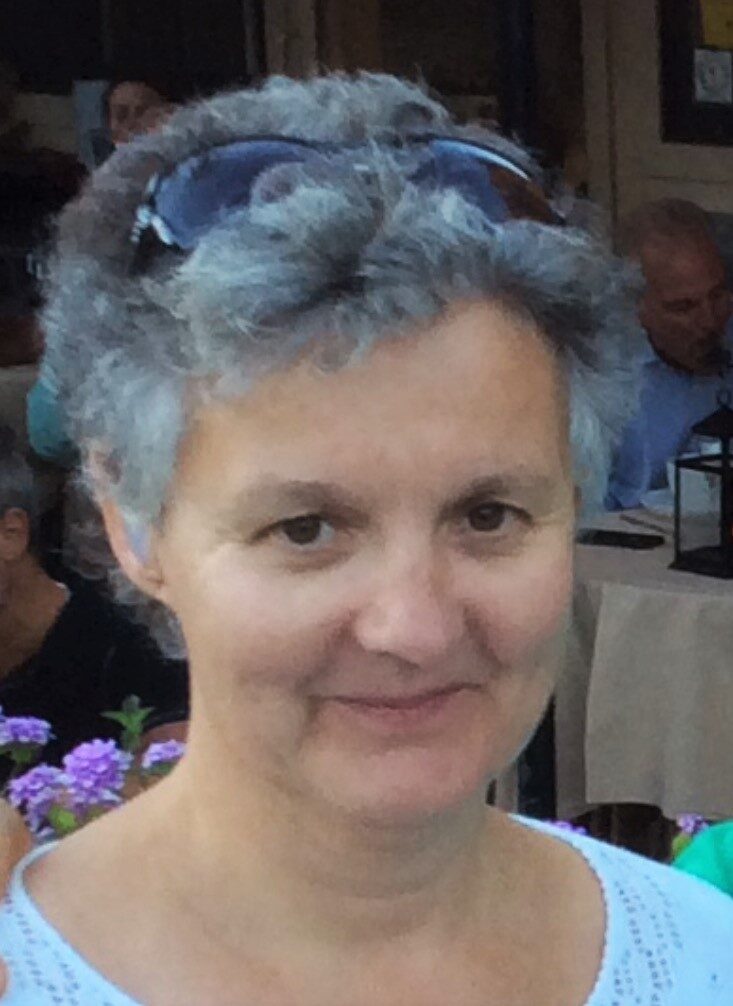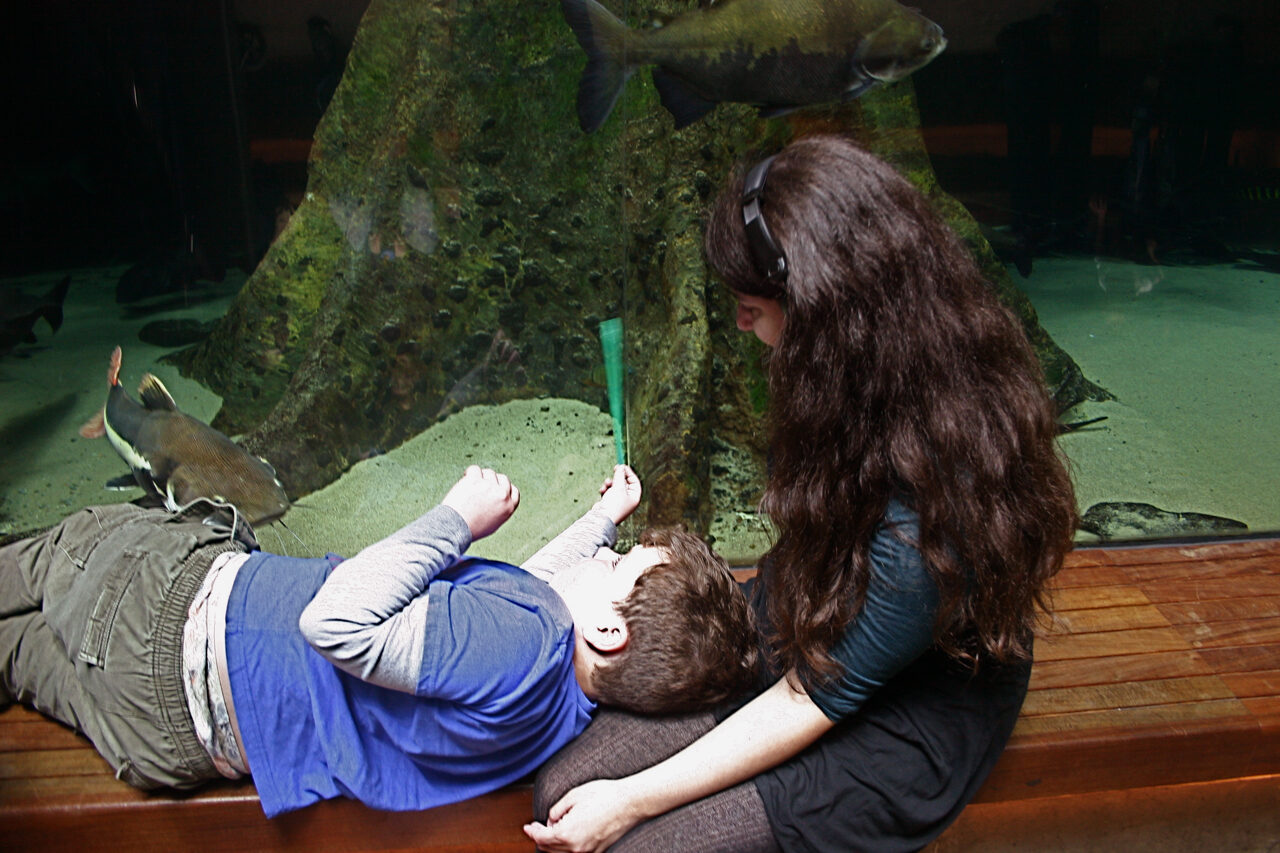We talked with several autistic people about how non-autistic people can be good friends to autistic people. This is their advice.
Tag: friendship
You know where I didn’t learn how to figure people out like that? Anywhere that was not a game. Not in previous jobs, not in books, not in school. I learned these life skills using a table top role playing game (TTRPG), purely by accident.
An autistic young person has the right to have an active and willing agency in the process of deciding who to befriend, what boundaries should be set on such friendships and who they are just not comfortable with.
Going slow and watching for patterns are your two best tools for staying safe with people. People have patterns of behavior, and if you take your time getting to know them, they will fall into their patterns. Watch for red flags and decide ahead of time what you will accept and what is unacceptable.
Anonymous Photo © Carissa Rogers | Flickr/Creative Commons [image: Adult and two children, silhouetted against a lake and colorful pink sunset.] I started working with autistic children in the mid-nineties, as a volunteer in a magnet school. The experience was influential, and I went on to become a psychologist, getting a PhD focused on autism research. Since then I’ve been working in academia for almost a decade, and have published numerous papers reporting on novel autism studies. I’ve built a reputation in my sub-field within autism research and am, I’d like to think, fairly well-regarded professionally. All of this was established well before I had children. Earlier this year, following about a 12-month process plus a longer period of discussion between myself and my partner, my daughter Penny was diagnosed with autism. In many ways nothing has changed—Penny is still Penny, my work is my work. In other ways, of…
My job title is Personal Assistant, which I like. I think direct support work should be viewed as assisting a disabled person who is your boss, not taking care of someone passive.
Interview by M. Kelter theinvisiblestrings.com Anlor Davin is the author of the upcoming memoir, Being Seen. In her book, she describes lifelong struggles with “sensory chaos” and social pragmatics, all of which culminated in an adulthood diagnosis of autism. She was raised in France, but later immigrated to the United States. We recently spoke via email about these experiences, and her thoughts on navigating life on the spectrum. — M: I hear from many adults who suspect they are autistic, but grew up before spectrum diagnoses were available. They often ask if looking into the possibility of a diagnosis is something they should do, or if it is something they should avoid, since they’ve “made it that far” without one. I wonder if you could address those questions. What did the diagnosis mean for you, in terms of your quality of life? Were there any downsides? Anlor Davin [image: portrait of…
We want April — Autism Acceptance Month — to matter, to help further acceptance and understanding of autistic experiences, happiness, and rights for autistic people of all ages and abilities. We will be publishing your Autism Acceptance posts and pictures all month long. If you want to participate, contact us at thinkingautism at gmail dot com. -TPGA Editors It matters when you meet someone who gets you. When you see someone who moves like you. When you’re with someone who understands what you like and why, even if you’ve only known each other for thirty minutes. Leo felt instantly comfortable when he met Zoe (and Julia) for the first time, and hung out with them at a local aquarium. They were instant friends. Leo got to be his own genuine happy autistic self thanks to Zoe and Julia being their own warm lovely autistic selves. Autistic friends matter. They really…
Sara Winter Squag.com Squag is a new social media space with a difference, developed for tweens and younger teens with autism. The user (the tween, called a Squagger) begins using Squag by interacting with his or her own “Squagspace’” — designed to look like a room — with content (photos, videos, and messages added by parents. Eventually, when a particular Squagger is is ready (according to parents) one Squagger is matched with another, and they can interact. The interaction are always only between two Squaggers. The platform is now in beta user testing, which means the ability to connect pairs of Squaggers is not yet enabled. I saw a Squag announcement, and was intrigued by the concept, so arranged an interview with Sara Winter, Squag’s founder–LD What inspired you to create SquagTM? The idea came to me two years ago when I was on the playground with my nephew…
Flummox and Friends creator Christa Dahlstrom recently sent out the following tweet: “People of Twitter: I am engaged in the making of a TELEVISION PROGRAMME for NERD YOUTH and I REQUIRE YOUR ASSISTANCE.” We recommend you heed her rallying cry and hop over to the Flummox and Friends Kickstarter page — Christa and her crew are poised to deliver a smart, sassy, infinitely engaging and very necessary show for kids who are, well, flummoxed by social dynamics. We talked to Christa last week about why Flummox and Friends needs to happen and how it will change the world when it does. Tell us what Flummox and Friends will be like. The show is a live-action comedy, along the lines of a contemporary television comedy rather than an instructional video or typical kids’ educational show. The main focus of the show is Professor Gideon T. Flummox of Flummox Labs and his…

